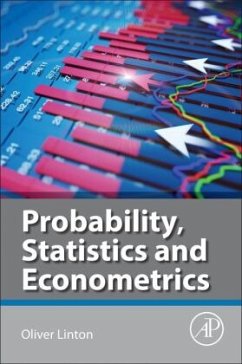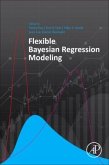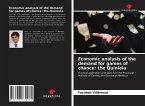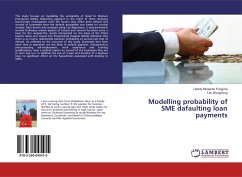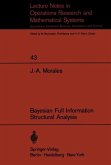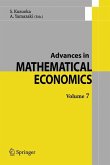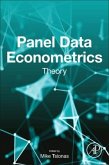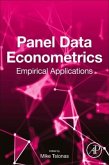Probability, Statistics and Econometrics provides a concise, yet rigorous, treatment of the field that is suitable for graduate students studying econometrics, very advanced undergraduate students, and researchers seeking to extend their knowledge of the trinity of fields that use quantitative data in economic decision-making.
The book covers much of the groundwork for probability and inference before proceeding to core topics in econometrics. Authored by one of the leading econometricians in the field, it is a unique and valuable addition to the current repertoire of econometrics textbooks and reference books.
The book covers much of the groundwork for probability and inference before proceeding to core topics in econometrics. Authored by one of the leading econometricians in the field, it is a unique and valuable addition to the current repertoire of econometrics textbooks and reference books.
"This book provides a concise treatment of the three fields mentioned in the title, containing the essential notions and results in these areas. Almost all definitions and important theorems in the book are followed by relevant examples and valuable comments. Although most of the theorems and propositions in the book are presented without a proof, in some of the cases a proof is provided. The book is suitable for advanced under- graduate students or graduate students studying econometrics, as well as for researchers in finance and economics seeking to extend their knowledge in these three fields." --Mathematical Reviews Clippings

